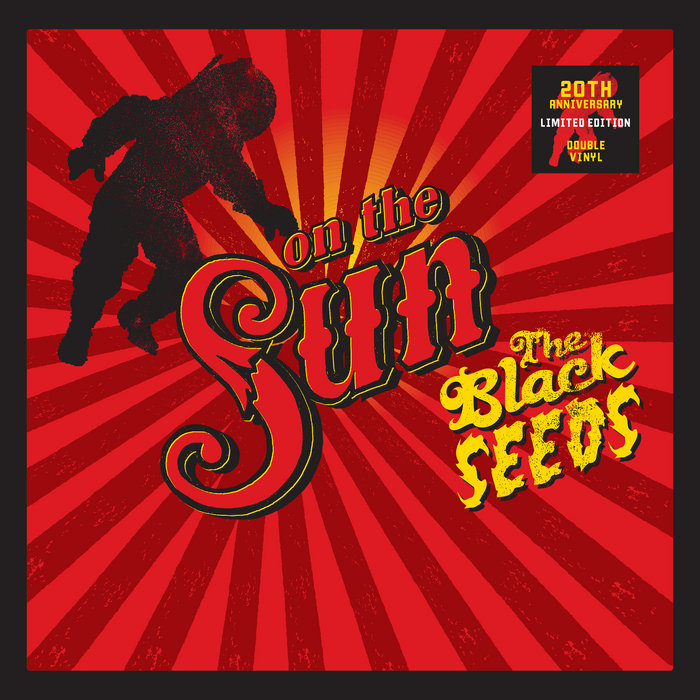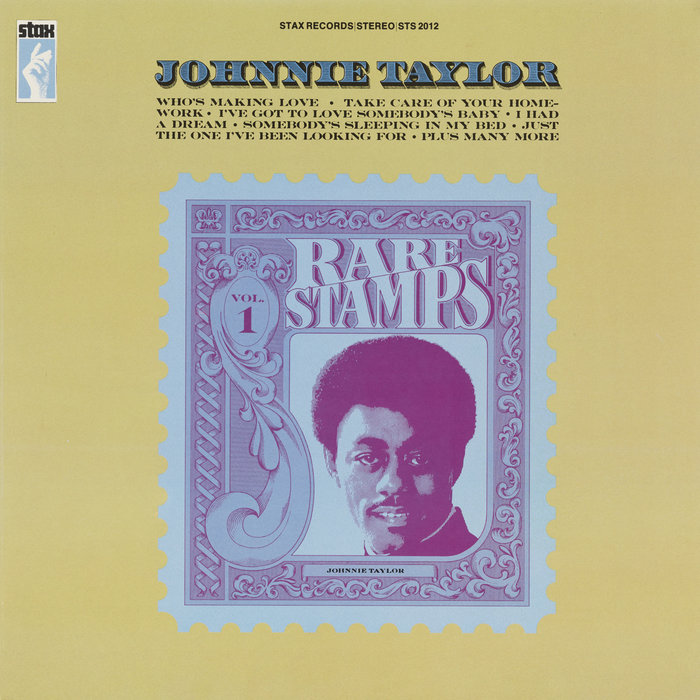
The Street (Edit) – StheDJ
this blog is GROOVY – check out great Soul, Funk, Jazz, Hip Hop, Bass, Breaks , Reggae, House n many more TUNES
Soul music: a genre that got its groove from the deep roots of African American musical traditions, blending gospel, R&B, and blues. Let’s take a trip down memory lane and explore how this electrifying sound came to be!
The story starts in the 1950s when musicians like Ray Charles kicked off what we now recognize as soul music. Ray took the emotional depth of gospel and mixed it with rhythm & blues, creating tunes that set dance floors ablaze! His hit “What’d I Say” is often cited as one of the first true soul records. And if you haven’t danced to it yet—well, it’s about time!
As we boogied into the 1960s, enter Motown Records! Founded by Berry Gordy Jr., Motown became a launchpad for many soul legends. We’re talking about The Supremes, Marvin Gaye, and Stevie Wonder—just to name a few.
Fun Fact: Did you know that The Supremes originally wanted to be called “The Primettes”? Sounds cute but not quite as fab! Once they switched gears to “The Supremes,” their career skyrocketed!
Meanwhile down South (think Memphis), a different flavor was brewing known as Southern soul—a little grittier but just as soulful. Artists like Otis Redding brought raw emotions into play with songs like “Sittin’ On The Dock Of The Bay,” where he reportedly dreamed up those iconic whistling bits while hanging out on his houseboat.
This era also saw the birth of Stax Records, which became synonymous with Southern soul. Think Isaac Hayes with his smooth voice and killer style; his album Hot Buttered Soul literally melted minds (and hearts). Isaac once showed up at an awards show wearing nothing but a gold chain—talk about making an impression!
Another funny aside? When Booker T. Jones recorded “Green Onions,” he was only 17 years old! Imagine being that young and writing one of the most recognizable instrumentals ever—all while trying not to get grounded for being out too late!
By the late ’60s and early ’70s, soul grew even more intertwined with social movements—the music itself became a platform for change. Marvin Gaye’s seminal album What’s Going On tackled issues facing Black Americans head-on—you could feel every heartbeat through each track.
Al Green added some sweet falsetto lovin’ into the mix with classics like “Let’s Stay Together.” He wasn’t just crooning; he was serenading generations! Fun fact: Al’s smooth voice almost had him ending up in religion full-time after becoming ordained—but thankfully for us fans, he stuck around in music longer than church pews!
In the ’70s, disco made sure everyone stayed on their feet—and guess what? Soul didn’t sit it out either; it evolved into funkier grooves! Bands like Earth, Wind & Fire brought vibrant energy that’s still contagious today.
Did you know James Brown is often called “The Godfather of Soul”? He doesn’t just have flashy suits; he’s got moves so slick they’d put any modern-day dancer to shame—and let’s not forget his epic intros where he’d strut around stages before diving straight into those jaw-dropping rhythms!
And here’s something hilarious related to Mr. Brown — during performances when things were really heating up—the man would stop mid-song simply because someone passed him too much sweat towel or water instead of getting back at them right away—classic diva moment without missing a beat on stage though!
Fast forward to recently: artists breathe new life into this genre while keeping its essence alive. From Adele pouring her heart out in ballads reminiscent of classic soul singers to Leon Bridges channeling Sam Cooke vibes—all blend beautifully across genres capturing heartfelt feelings through grooves.
Fun Fact Alert 🚨: Leon Bridges did such an amazing job tapping into vintage sounds that some folks thought he was from another decade entirely—even mistaking him for legendary singers posthumously resurrected because let’s face it—isn’t That really cool?
Today , whether you’re grooving at home or hitting concert venues packed full people singing along—we celebrate these rich melodies spanning decades playing major roles touching lives everywhere . So next time you find yourself dancing away listening closely think beyond shoes make magic happen through soulful memories created week after week !
So shake your hips and remember all these funky beats have pretty outrageous stories behind them -each telling part history paving way towards future creativity ready rock ‘n roll right onto our playlists forevermore !

The Street (Edit) – StheDJ

That's Where We Go – Santa Fiebre

What's Her Name? – Ol' June & The Ashburns

What You Need feat. Blush’ko – Sola Rosa

Oh Mom (Teach Me How to Uncle Willie) – The Daylighters

Shazzy Dub – The Black Seeds

I Heard it Dub – Jstar

El Quitrin – The Joy of Livin – Angel Bat Dawid

I Ain't Particular – Johnnie Taylor

H.O.ME (feat. Ahrel Lumzy – Hold on me) – Chris Dave